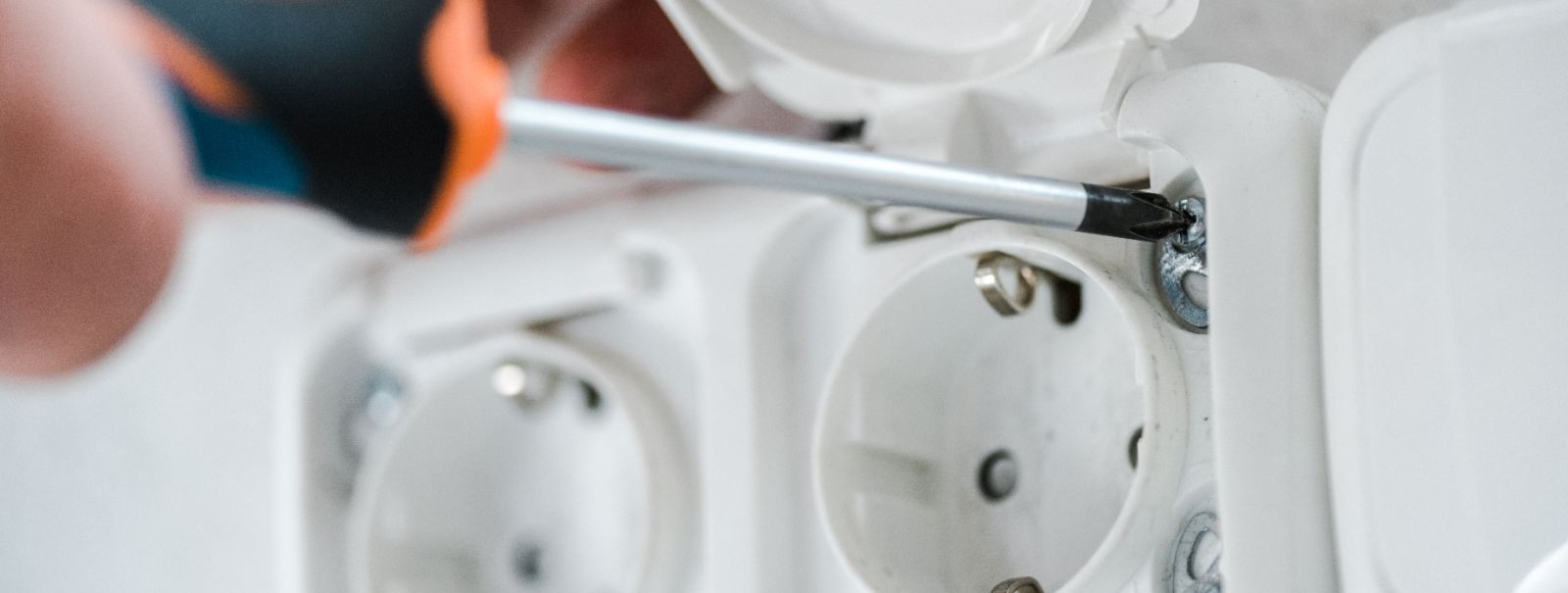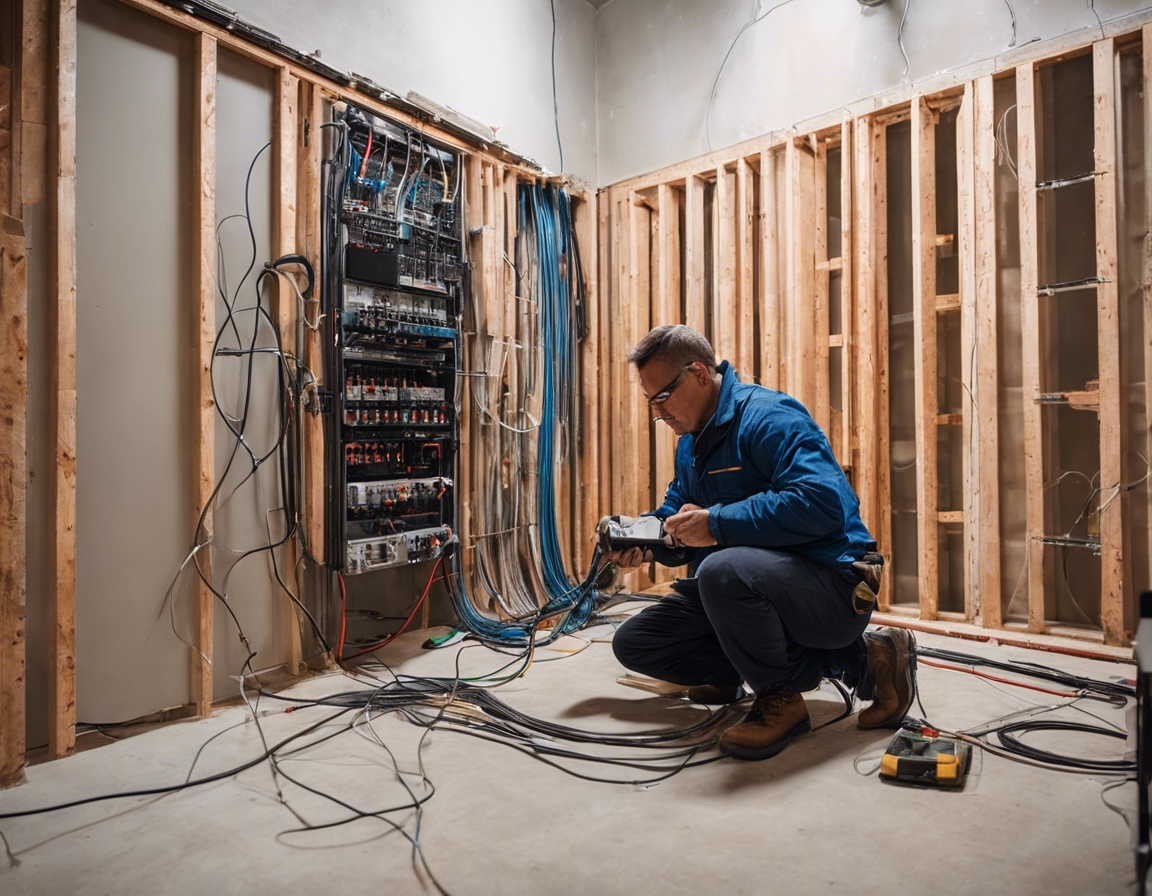The importance of regular electrical inspections
Electrical inspections are a critical component of maintaining the safety and efficiency of any property, whether residential or commercial. These inspections involve a thorough examination of the electrical systems to ensure they are functioning correctly and safely. Regular inspections can prevent potential hazards, reduce energy costs, and ensure compliance with local regulations.
Why Regular Electrical Inspections are Crucial
Safety is the primary reason for conducting regular electrical inspections. Faulty wiring, overloaded circuits, and outdated electrical panels can pose significant risks, including electrical fires and electrocution. Regular inspections help identify and rectify these issues before they become dangerous.
Electrical systems that are not functioning optimally can lead to increased energy consumption and higher utility bills. Inspections can identify inefficiencies and recommend solutions to improve the overall performance of the electrical system, leading to energy savings.
Electrical systems must comply with local building codes and safety regulations. Regular inspections ensure that your property meets these standards, avoiding potential fines and legal issues. Compliance is particularly crucial for commercial properties, where regulatory requirements are often more stringent.
Key Components of an Electrical Inspection
Inspectors will examine the wiring and connections throughout the property to ensure they are intact and free from damage. This includes checking for signs of wear, corrosion, or overheating, which could indicate potential problems.
The electrical panel is the heart of your electrical system. Inspectors will check the circuit breakers and panels for any signs of wear or malfunction. They will also ensure that the panel is not overloaded, which can lead to power outages or fires.
Proper grounding is essential for the safety of an electrical system. Inspectors will verify that the grounding systems are correctly installed and functioning, reducing the risk of electrical shock and equipment damage.
Inspectors will also assess the condition of electrical appliances and equipment to ensure they are safe to use. This includes checking for frayed cords, damaged plugs, and other potential hazards.
Benefits of Regular Electrical Inspections
Regular inspections can identify potential hazards before they cause harm, protecting both people and property from electrical accidents.
By identifying inefficiencies and potential issues early, regular inspections can save property owners money on repairs and energy costs.
Regular maintenance and inspections can extend the lifespan of electrical equipment, reducing the need for costly replacements.
How Often Should Inspections Be Conducted?
The frequency of electrical inspections depends on several factors, including the age of the property, the complexity of the electrical system, and local regulations. Generally, it is recommended that residential properties undergo an inspection every 3-5 years, while commercial properties may require more frequent inspections.
Choosing the Right Electrical Inspection Service
When selecting an electrical inspection service, it is essential to choose a company with qualified and experienced professionals. Look for certifications and industry affiliations that demonstrate expertise.
A good inspection service should offer a comprehensive range of services, including detailed reports and recommendations for improvements.
Customer reviews and testimonials can provide valuable insights into the quality of service provided by an inspection company. Look for positive feedback and a track record of satisfied clients.






Comments (0)